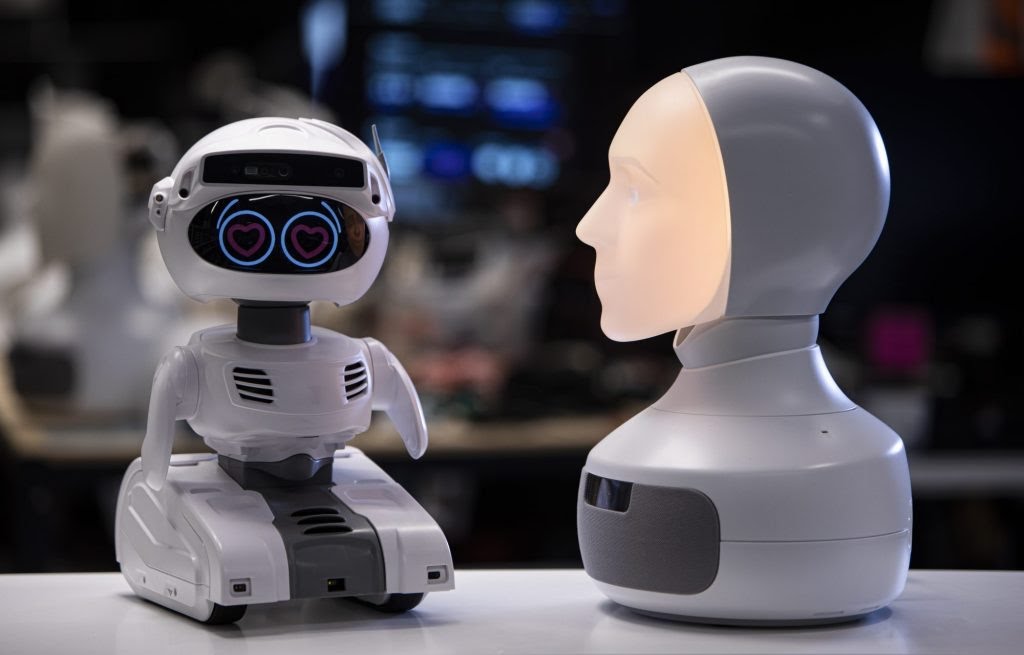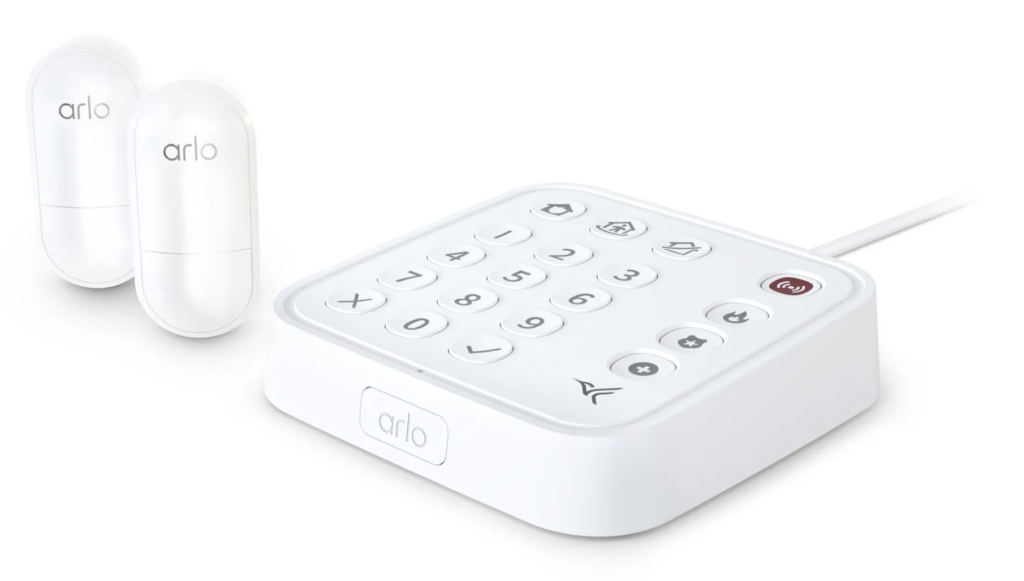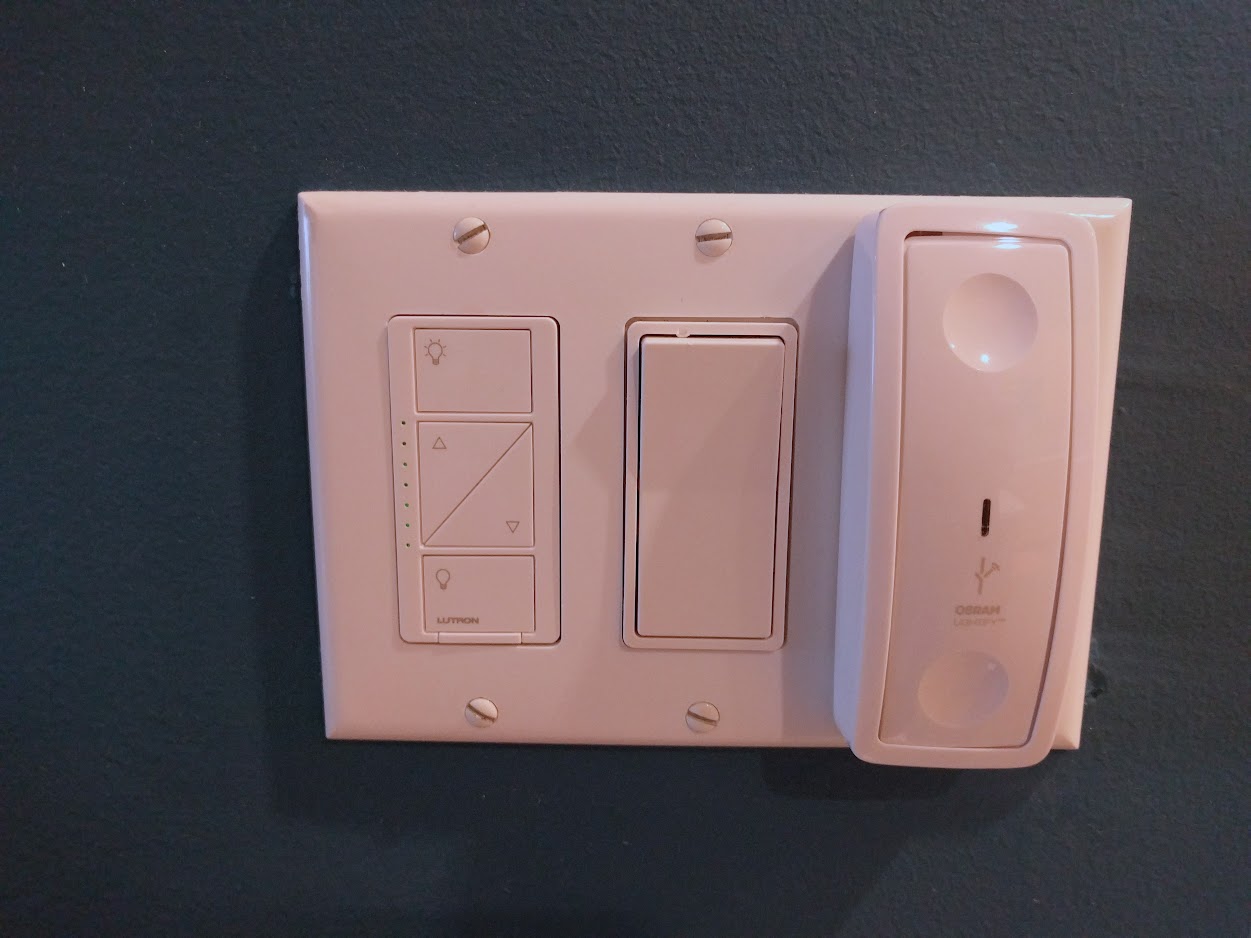This week’s show starts with a healthy portion of chips, with the main course being Nvidia’s reported acceptance that its deal to acquire ARM isn’t likely to happen. We then turn to the U.S. Commerce Department’s plans to combat the chip shortage crisis, new ML chips from Silicon Labs, Google’s first TinyML Coral microcontroller, and an Arduino-like RISC-V product. Feeling full from all of this chip ingestion we discuss how Peloton is trying to work out its excess inventory challenge. Two smart tracking companies raised some funding this week: Pebblebee on the consumer side and newly launched Tag-n-Trac for shipping and logistics. We then discuss how Thread turned the Wemo Stage controller from “meh” to “must-have” and share details of new Philips Hue fixtures. Rounding out the episode is a listener question from Michael asking if Alexa can control his Google Nest thermostat.

Our guest this week is Oisin Hanrahan who is the CEO of Angi, the home services company formerly known as Angie’s List. He’s on the show to talk about startling data his company discovered late last year. According to Angi’s data, for the first time ever, smart home investments were in the top three home improvements made by homeowners. Hanrahan explains what homeowners are doing and why they are willing to invest in more technology. He also offers advice to device makers who want to attract the pro-installer business and makes recommendations on how pros think about the smart home. It’s a great interview.
Hosts: Stacey Higginbotham and Kevin Tofel
Guest: Oisin Hanrahan, CEO of Angi
Sponsors: Rightpoint and Hologram
- Nvidia may be giving up on its ARM-acquisition
- $52 billion for U.S. chip factories won’t fix the real problem
- Peloton could learn a thing or two from Apple
- Painting, bathroom remodels, and smart home drive home improvements
- What a pro wants
The post Episode 356: Smart home improvement is now a thing appeared first on IoT Podcast - Internet of Things.



